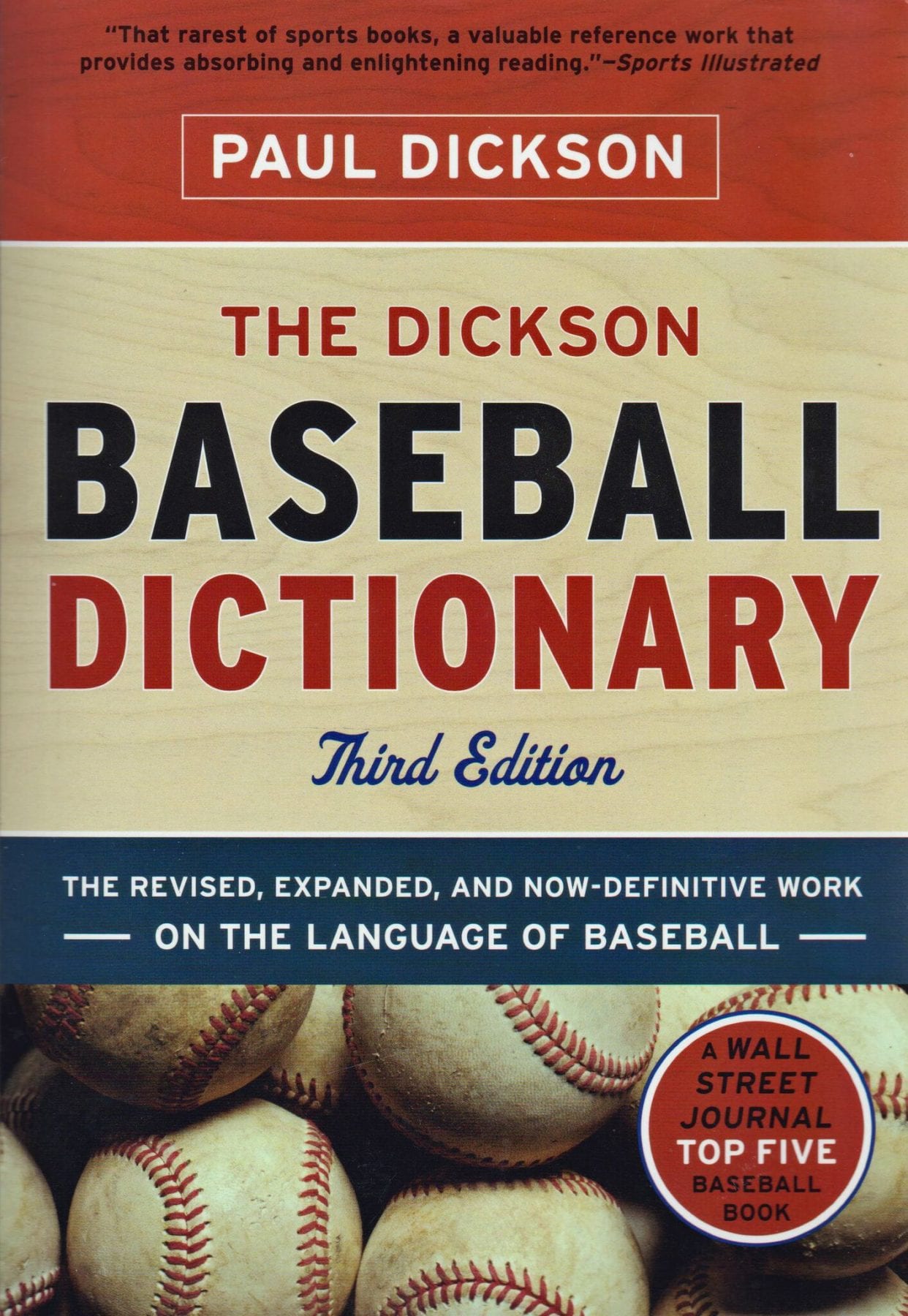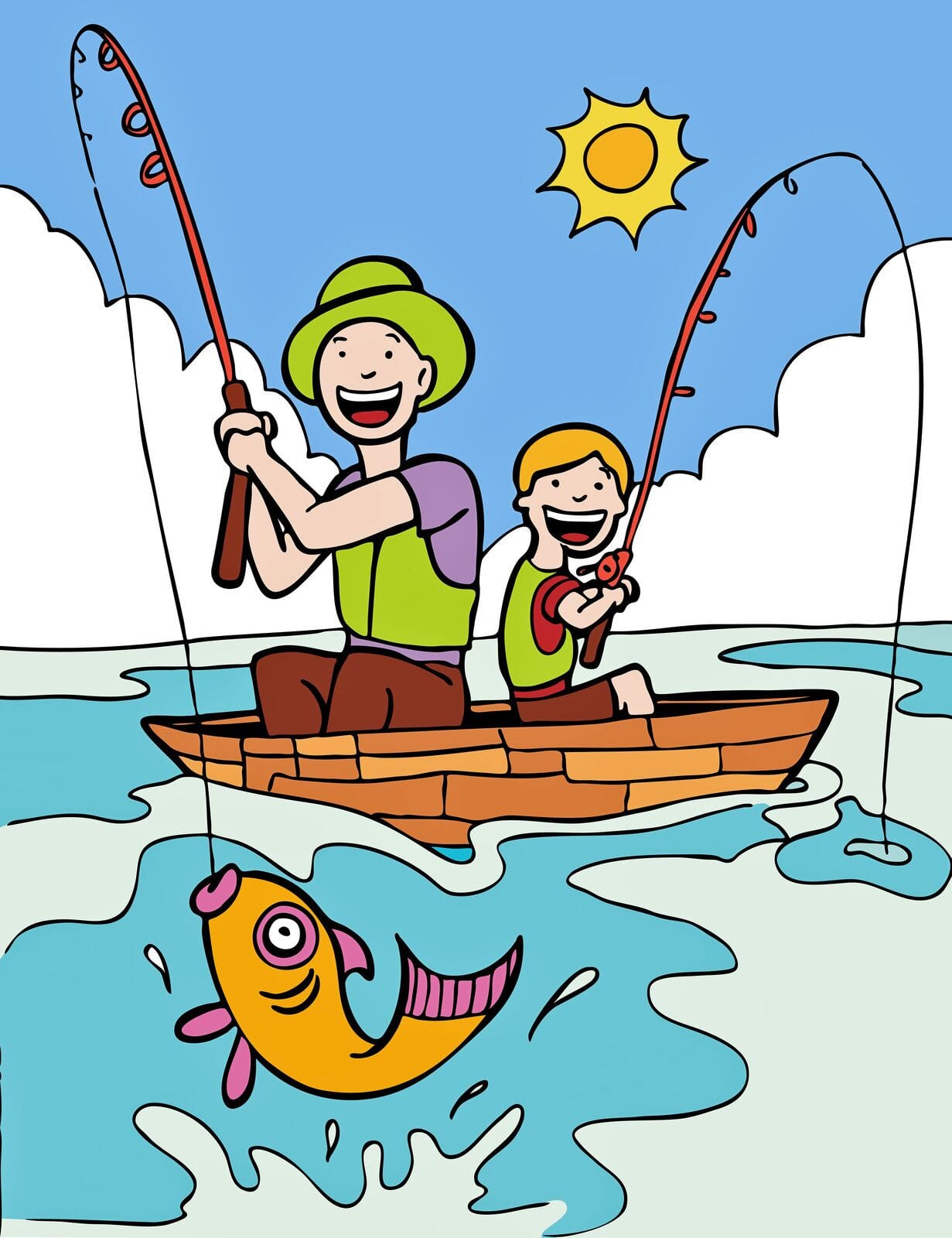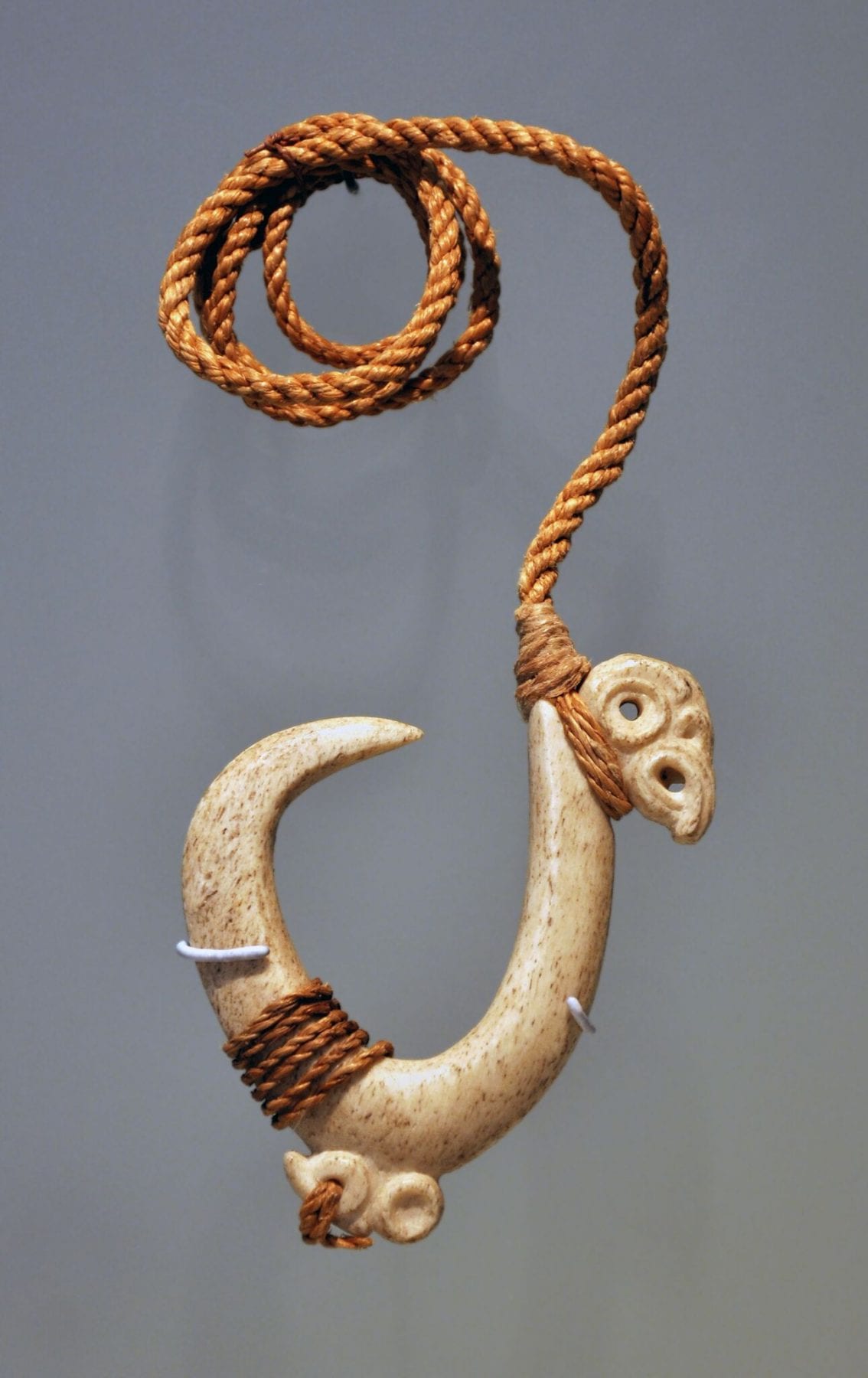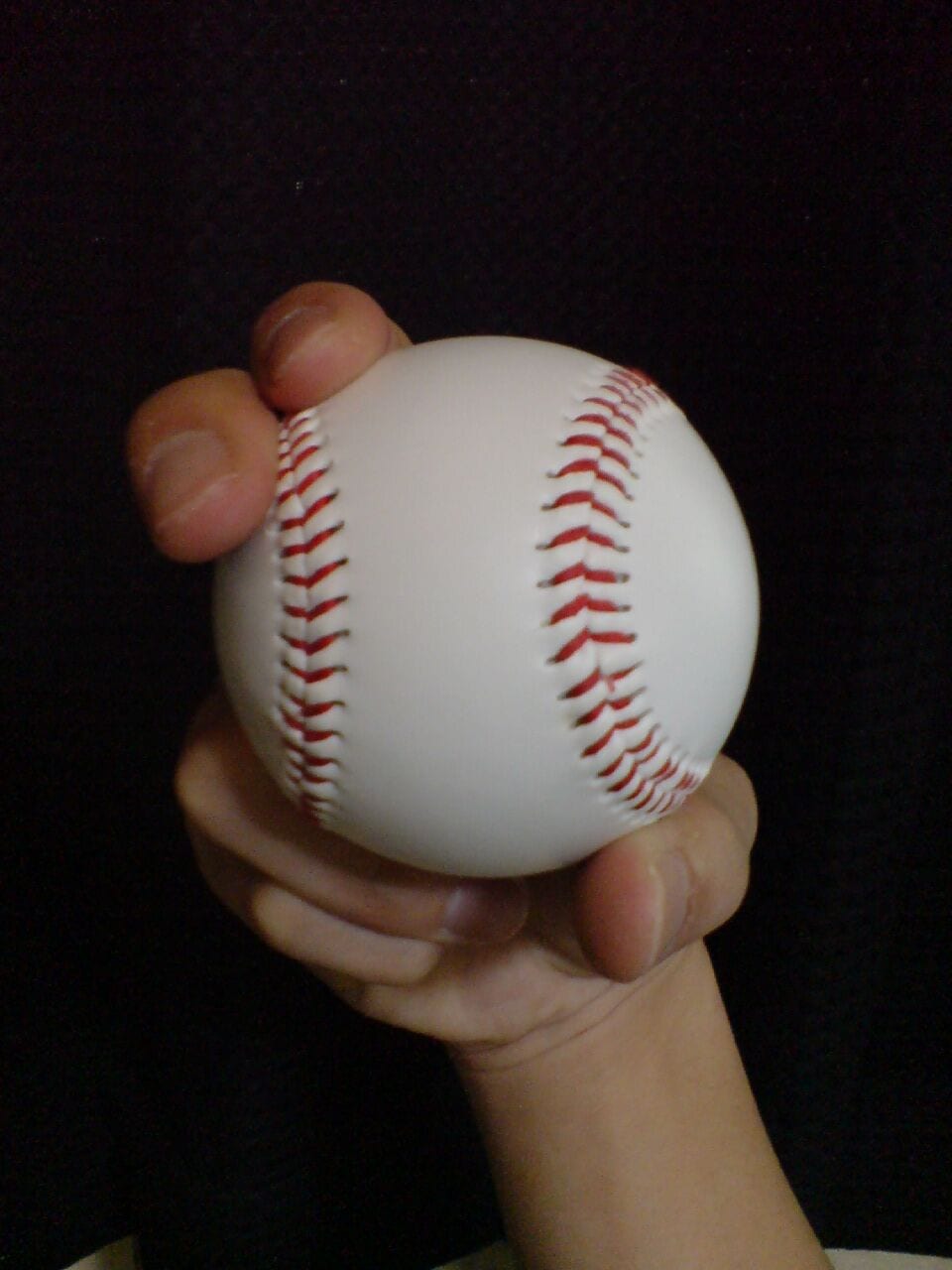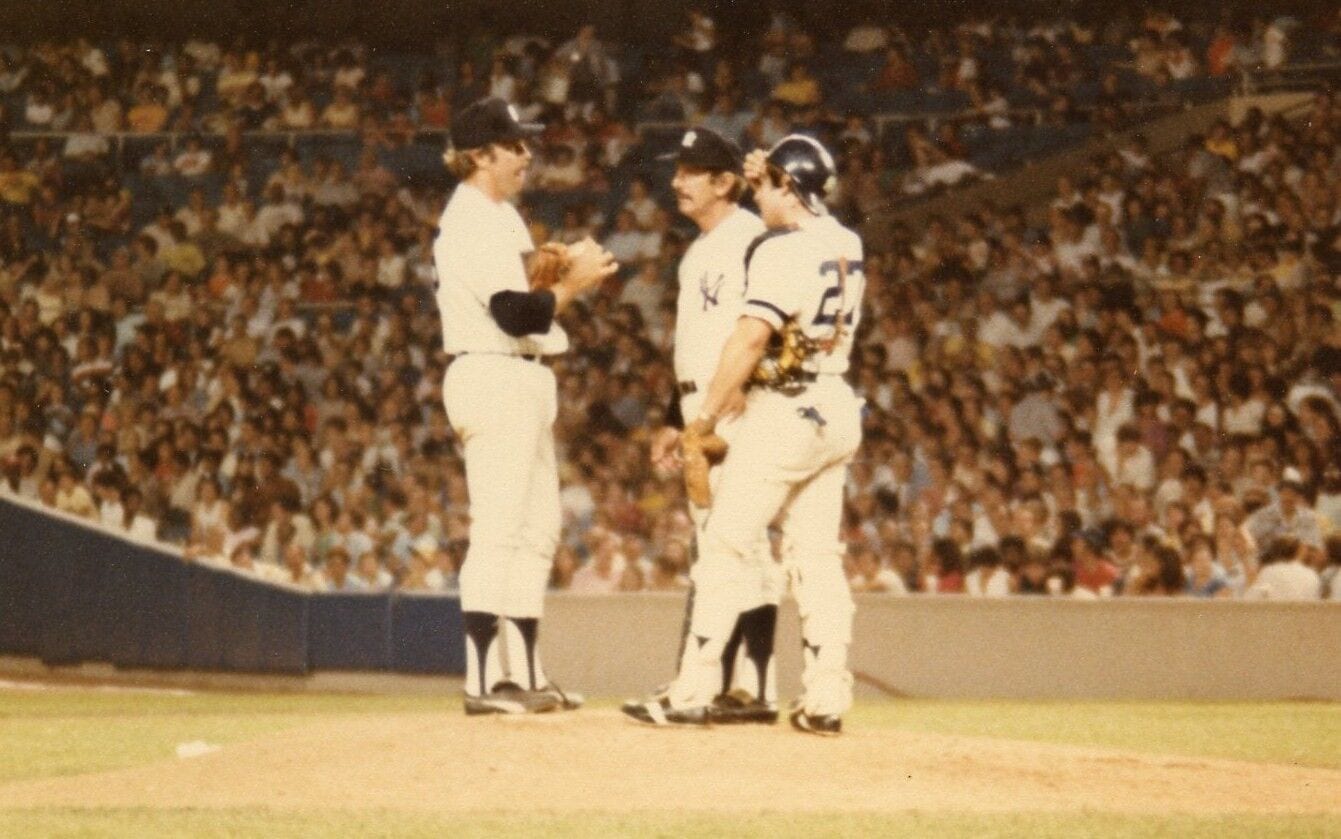Florida Waterways
“Fishing Terms in Baseball”
By Kevin McCarthy
Captions:
The baseball dictionary
Another kind of fishing trip
Another kind of fishhook
An edible fish cake
A curve ball
Jim “Catfish” Hunter
Each February and March, about half of the major-league teams and thousands of fans, come to Florida to attend spring-training games, at a time when all the teams are in first place, and most of the players are in top-notch, World Series shape. The six weeks of spring training consist of two weeks of practice by the players, and then four weeks of exhibition games among the teams before beginning the regular season.
State officials claim that spring training generates over seven hundred million dollars to the state, including over three hundred million dollars from out-of-state visitors each year. A lot of the players have enjoyed the warm weather of the state, which allowed them to swim and boat and fish, players like Babe Ruth, Ted Williams, and Boog Powell.
As a linguist, i.e. one who is interested in our language, including the language of sports, I have long enjoyed such works as my 1000-page “Dickson Baseball Dictionary,” which shows how many hundreds of terms in English come from sports, including fishing. For example, the phrase “went fishing,” as in “The second baseman went fishing,” means that he reached across the plate trying to hit an outside pitch, especially one that he cannot easily reach. It is similar to “chasing a pitch.”
By the same token “a fishing trip” can refer to the swinging at a pitch outside the strike zone: the player who went on a fishing trip hasn’t necessarily been away on a vacation; rather he took a swing at a bad ball.
A “fish hook” can refer to a curveball, and a “fisherman” can refer to a batter who chases or casts for pitches outside the strike zone. And “fish cakes” in the 1930s, referred to low pay, particularly that which is paid in the minor leagues.
Finally, a “fishy” nickname for a baseball player was “Catfish” for pitcher Jim Hunter, who played for the Kansas City Athletics, Oakland Athletics, and New York Yankees (1965 – 1979). The picture here shows Catfish Hunter (on the left) with manager Billy Martin (in the middle), and catcher Brad Gulden (on the right). According to his autobiography, “Catfish: My Life in Baseball,” when Athletics owner Charles Finley signed the 19-year-old to a $75,000 contract in 1965, he told the young man that he needed a nickname for crowd appeal. When Finley found out that Hunter liked to hunt and fish, Finley came up with this story, which stuck: when Jim was six years old, he ran away from home and went fishing. When his mom and dad finally found him, Jim had caught two catfish. So, the young pitcher became Catfish Hunter. Now you know.
Now get out and enjoy some baseball and/or fishing in our great spring weather.
Kevin McCarthy, the author of Baseball in Florida 1996 – (available at amazon.com), can be reached at ceyhankevin@gmail.com.

